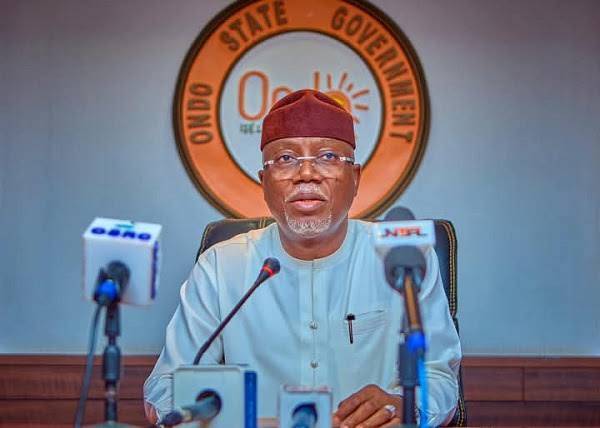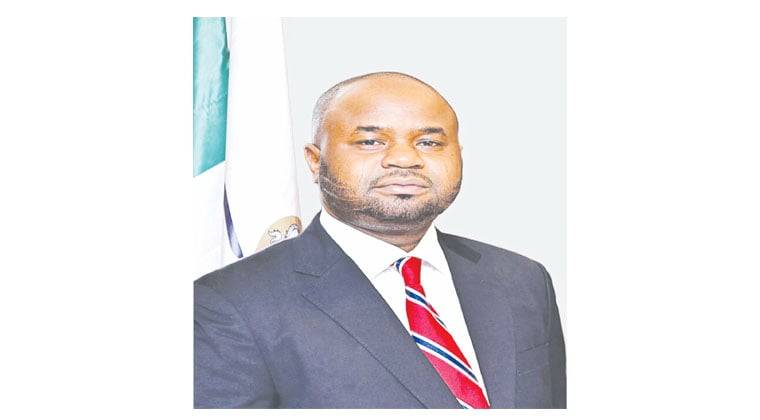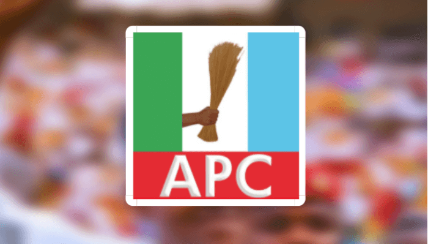By Niyi Ibietan
The founding president of the Republic of Namibia, Samuel Shafiishuna Daniel Nujoma (Sam Nujoma), passed away eight hours ago at 95 after a three-week hospitalization for medical observation and treatment in Windhoek, the capital of Namibia.
Dr. Sam Nujoma, a torchbearer and trailblazer for freedom, was a revolutionary, anti-Apartheid activist and politician who has been aptly described by His Excellency Dr. Nangolo Mbumba, the fourth and current president of the Republic of Namibia, as the founding father of Namibia who inspired his people “to rise to our feet and to become masters of this vast land of our ancestors.” Mbumba opened his statement announcing to the nation and the world the transition of Nujoma with a sentence signifying a rare gratitude and fitting reverence akin to propitiating a deity. “The foundations of the Republic of Namibia have been shaken…the most gallant son of our land could not recover from his illness.” Mbumba called on the people of Namibia to be consoled by the matchless leadership and extraordinary inputs of Nujoma to the nation’s liberation struggles. This is deserved. Mbumba was studying to be certified a great biologist by the universities in Connecticut when Nujoma was in the trenches leading the South West Africa People’s Organisation (SWAPO) on a lengthy war for Namibia’s independence for 23 years (1966 to 1989).
From independence in 1990, Nujoma served three consecutive terms as the first president of Namibia. Hitherto, he had served as co-founder and as first president of Ovamboland People’s Organisation (OPO), a nationalist movement that was in the vanguard of the liberation of Namibia from unfreedoms, colonialism, racist exploitation and polarization. Nujoma was a leading light of the resistance to a segregationist policy, popularly referred to as ‘Old Location’, instituted by Apartheid South Africa which occupied the Namibian side of Southern Africa after defeating the Germans during the first world war (WWI). The Old Location resistance led to a massacre reminiscent of South Africa’s Sharpeville, which occurred exactly 30 years before Namibia’s independence; and Nigeria’s Iva Valley in Enugu18 November 1949. But it was during the second world war (WWII) that young Nujoma became exposed to global politics after meeting some soldiers from Norway, Argentina, and other nations that fought in that war.
As the first child of his parents’ eleven children, Nujoma’s early life was devoted to caring for the needs of his siblings, shepherding family cattle and organising the bucolic farming activities of his family. A former storekeeper, whaler and railway cleaner, Nujoma’s humble beginning reminds me of the story of President Lula da Silva of Brazil, who had served as a cobbler and factory worker before his ascendancy to the Presidency of the Republic of Brazil through trade union politics. Nujoma attended adult night school to grasp fundamentals of English and would later, like Obafemi Awolowo, got certified in more formal education after undertaking courses through correspondence. Like Lula da Silva, Nujoma was shaped by the inhuman policies of the labour system that paid very meagre rewards for huge labour. Nujoma, thus, had a direct encounter with Marx’s treatise about bourgeoisie exploitation of workers and the appropriation of surplus value created through labour. Nujoma would align later with a group of Namibians working in South Africa, particularly in Cape Town, who had formed Ovamboland People’s Congress (OPC), an organisation that transformed to OPO, his revolutionary spirit having been bolstered by a network of activists led by a fellow Namibian, Andimba Toivi ya Toivo, whose ally and co-founder of OPC, Jacob Kuhangua, adopted OPC constitution with Nujoma to formed OPO (the precursor to SWAPO).
Nujoma, who was elected first OPO president at its first Congress in Windhoek in 1959, later became the leader of South West Africa People’s Organisation (SWAPO) that led Namibia to independence in 1990. Nujoma was arrested for resistance and was to be deported when the leadership of OPO decided that Nujoma should go on exile to join the advocacy to enlist United Nations support for Namibia’s anti-colonial struggles. In 1962, Nujoma formed the People’s Liberation Army of Namibia and launched a guerrilla war against the Apartheid government of South Africa after the “United Nations withdrew the mandate for South Africa to govern the territory.”
A true organiser and revolutionary like Che Guevara, Nujoma left Namibia in a manner akin to how NADECO activists left Nigeria during the heist of Abacha. He travelled through Bechuanaland, Bulawayo, then through Ndola to Belgian Congo and met Miose Tshombe. Thereafter, he left for Mbeya and got assisted by Nyerere-led Tanganyika African National Union (TANU). He met Nyerere, a fellow African patriot, who assisted him in travelling to New York to address the UN. Nujoma would later return to Africa and with the assistance of another leading light of pan-Africanism, Kwame Nkrumah, he returned to the United States after he had met and discussed with fellow activists, including Partice Lumumba, Gamal Abdel Nasser, Joseph Kasa-Vubu and Frantz Fanon at a conference.
He addressed a sub-committee of the UN and demanded independence of South West Africa (present Namibia) by 1963. Nujoma took advantage of the collapse of the Portuguese Empire and the resultant collapse of the border between Namibia and Angola to organise global solidarity for Namibia’s freedom and independence. Although Nujoma had led guerilla attacks on South Africa, he exploited and deepened his diplomatic rounds with the US, Germany, Britain, Canada, and others, particularly with Nigeria, under the auspices of the Frontline States. Osarumwense & Osiki (2022) “Nigeria and the Liberation of Namibia, 1960–1990: A Study in Nigeria’s Africa’s Policy”, published in the LASU Journal of History and International studies (LAJOHIS) 4(1) 94, is a great discourse about Nigeria’s relations with Namibia.
Importantly, history recorded Nujoma’s advocacy that led to the UN Security Council resolution 435 as a diplomatic coup. The resolution was constitutive of the plan to have free and fair elections in Namibia. After 29 years in exile, Nujoma returned to Namibia in 1989 and led SWAPO to victory in an election supervised by the UN. The Constituent Assembly chose Nujoma as Namibia’s first president in November 1989 and on 21st of March 1990, in the presence of Nelson Mandela (just released from prison), Frederik de Klerk (President of South Africa), and Javier Perez de Cuellar (Secretary General of the UN), Nujoma took oath of office as the first president of the independent Republic of Namibia. Since he was not directly elected for his first tenure, the Constitution was amended to enable him to run a second constitutional term in 1999, during which he won 77 per cent of the votes. When Nujoma was surreptitiously pressured to run for another term as president of SWAPO and of the Republic for the fourth term, he declined and said he was “passing the torch and mantle of leadership to Comrade Pohamba” like Elijah to Elisha and like Mandela to Mbeki.
After his tenure as president in 2005, Nujoma published his autobiographical work, WHERE OTHERS WAVERED, a profound consequential work of his chequered life. For his activism, grit, foresight, and exceptional leadership, Nujoma was honoured as the “Leader of the Namibian Revolution” by SWAPO in 2007. He also received the Lenin Peace Prize, the Indira Gandhi Peace Prize, and the Ho Chi Minh Peace Prize. The parliament of the Republic of Namibia also proclaimed Nujoma “Father of the Namibian Nation.”
Nujoma was a great son of Africa, and he is rightly enlisted in the pantheon of those who raised the banner of authentic African civilisation. As a student of liberation struggles as well as fellow and Secretary General of the African Public Relations Association (APRA), I personally mourn his transition and I have reached out to my brother and President of APRA, Arik Karani, to lead the organisational decision process to enable the continental PR body to have a befitting memorialization of the man whom President Mbumba has described as a “revered freedom fighter and revolutionary leader… the founding father (who) heroically marshalled the Namibian people during the darkest hours of ouur liberation struggle until attainment of freedom and independence.”
May Nujoma’s revolutionary and altruistic soul rest in peace.
● Ibietan, PhD, works for NCC, and he is based in Abuja.














